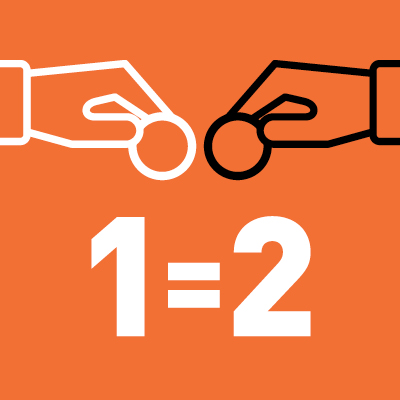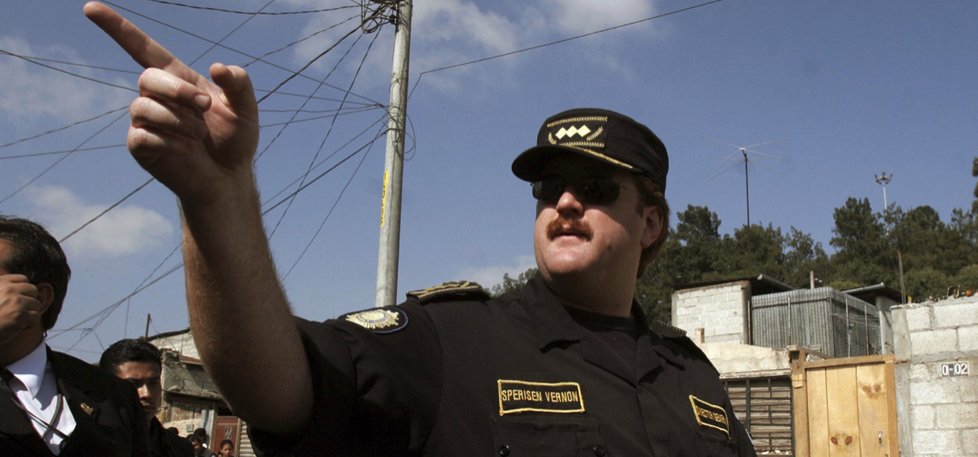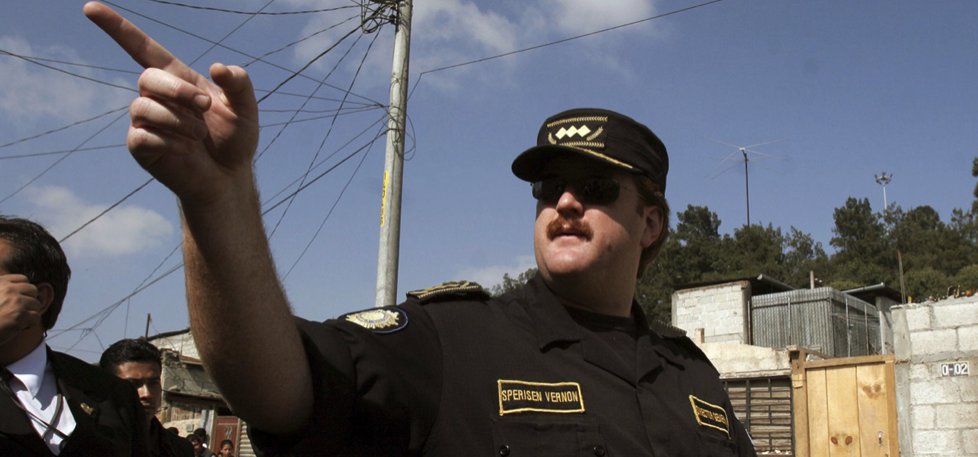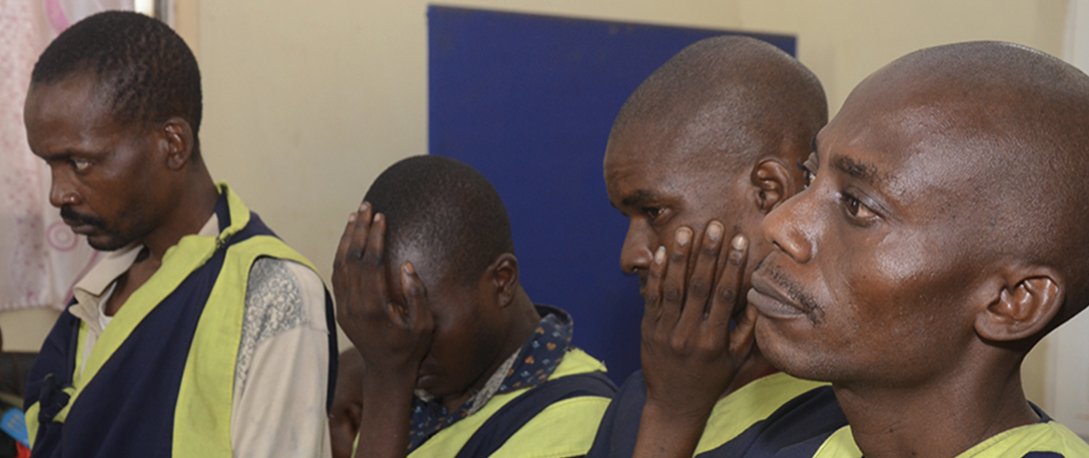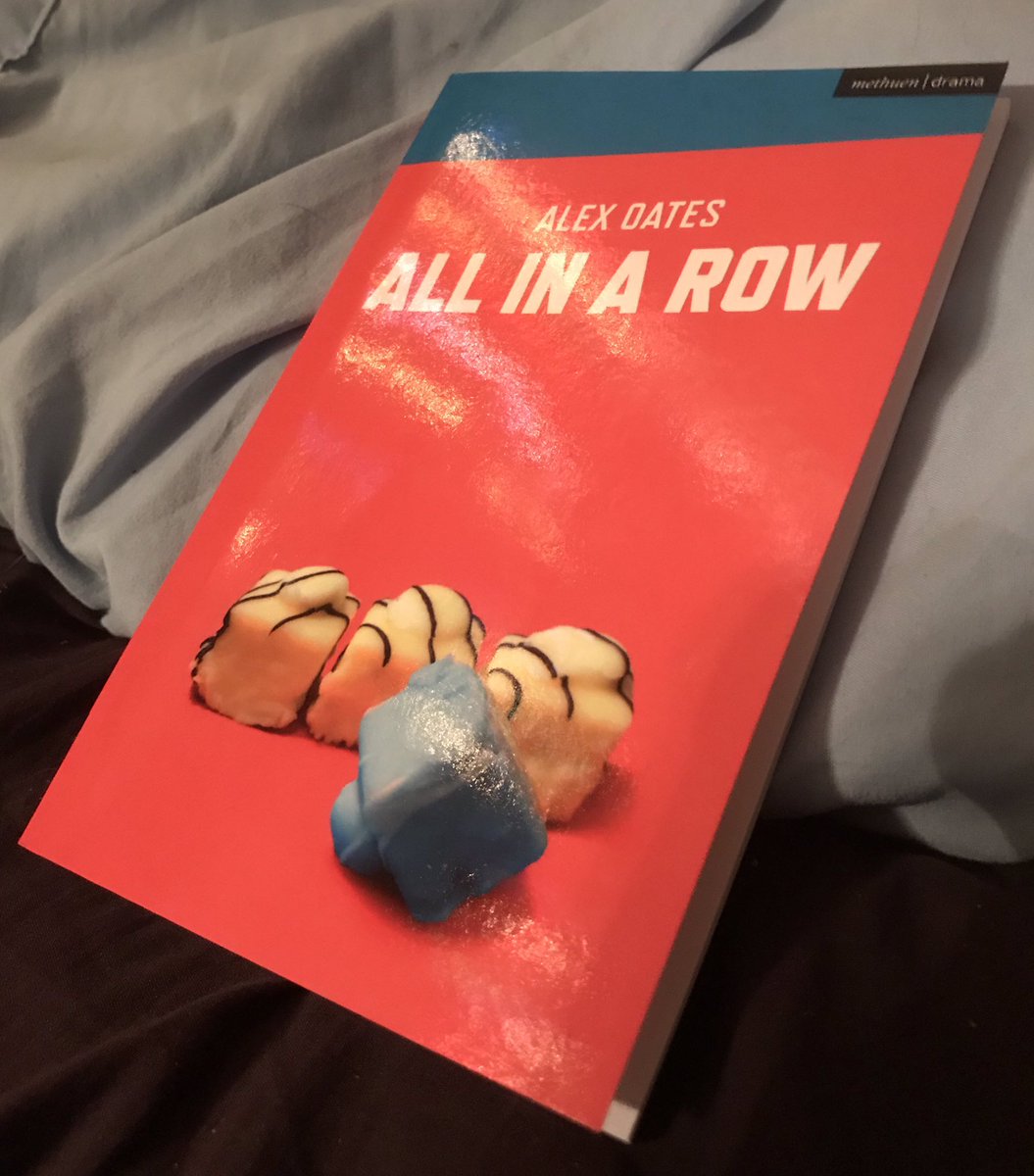This means I many times have to be patient with views that internally kill me.
And in terms of praxis, I do not tolerate violence, disrespect, insults, or abuse within my classes}.
I asked, why? They said, because a man is the provider and protector.
I asked - which "African Culture" is this? We hit out first snag. One said - ALL.
There was silence.
I asked, where did you read that?
They said, nowhere, that's just common knowledge.
I said, okay, we'll come back to that.
What does provide and protect mean?
They said, the usual - give money, pay rent, buy food, and protect from attackers. There was some high-fiving/laughing at that juncture.
Not to go the culture route once more, two of them said they got that from preachers and the Bible.
Yes, the Bible.
I asked, where in the Bible? They said, "its there!"
So I said, right, let's open the Bible and consult it. Someone opened their phones and went to the Bible - Old Testament, the patriarchs looking for wives. There was Isaac finding Rebecca...
There was Esau selling his birthright to his own brother for a bowl of soup. And it says clearly that Jacob loved to cook {Gen 25:29}.
We pause there. These things are becoming uncomfortable
Sawa, we open it. I have them read from v1 - where King Lemuel is uttering inspiration taught to him by his mother - and hold this thought coz its important
But I acquiesce. My work is not to shame, it is to coach and teach.
And quickly enter another cul-de-sac. That of the girl-child having been empowered by "society" to the detriment of the boy-child.
I ask- empowered how and why? They answer easy- women in African Culture were seen as weak and vulnerable.
Vulnerable and weak how?
We explore this in-depth. It turns out, women are vulnerable from attack, mugging, rape, sexual assault, harassment. From whom, I ask.
And the reluctant answer - from men.
This becomes a powerful moment of self-reflection for these young men.
Later, we talk about the lack of mentorship - all of them say they envy their sisters who seem to receive guidance from their mothers, while their own fathers NEVER talk to them or give them counsel.
Older men out there - are you seriously not bonding and having meaningful talks with your sons? I find this incredulous. They say you're not telling them anything apart from "usiwache mschana akukalie".
One of them points at our King Lemuel and how it is his mother who taught him the wisdom he knows & he wonders why mothers aren't doing that for them
And I am not here to excuse anyone or explain anything.
I am reflecting on a moment in class this week that gave me pause.
We stop "learning" and they start to share stories of themselves and their peers - stories of losing their way...
I am told of fathers kicking out errant boys after spending a whole lifetime not
I suppose connection is one of the strongest validators
I find this interesting. And I tell them, that is part of Agency - because I want them to imagine they have a choice over their own narratives.
We start with Ogbomo&Ogbomo (1993) work titled 'Women and Society in Precolonial Iyede' as an example. They start off by telling us the status of women in precolonial Africa
These are my musings about the status of girls and boys, and how we are ushering them into adulthood. We didn't leave class with answers, perhaps. But we left with questions that continue to provoke thought. And a challenge for older men: you're failing your young men.


